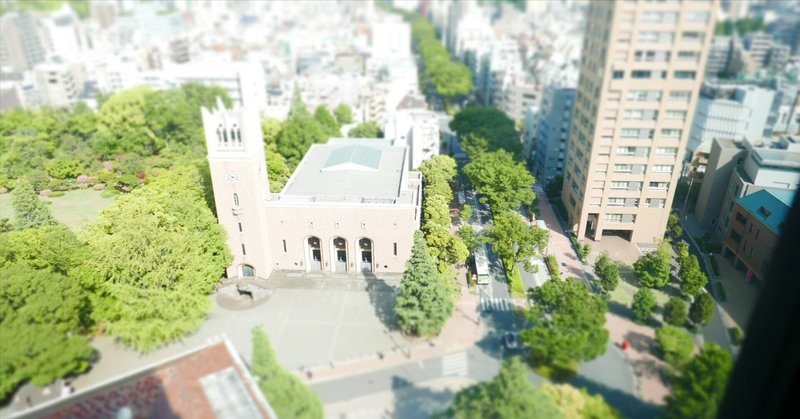
#MyResearch #15卒 J.C.
It is said that if the Vietnam War was the first war fully experienced over TV, then the 311 Great East Japan Earthquake was the first disaster fully experienced over the internet (citation needed🤔).
Same as many people around the world, I was shocked by the images and videos of the disaster that were broadcasted all over the internet in almost realtime. But different from those who were trying to leave the country, I decided to come as a PhD student to learn more about this event with my kindergarten Japanese.
I wanted to find out how traditional 📺 and internet 💻media can work together in post-disaster recovery. Fortunately, I had the opportunity to carry out my research under the supervision of a renowned economics professor and could learn much about stuff like behavioural psychology and telecommunication economics to tackle my research question.

Thanks to my professor, I also had opportunities to take charge of multiple large survey projects. Using data from the surveys and multivariate statistical methods that I still don’t understand 🤷♂️, I finally could synthesise the psychological effects of the two media in a single model and somehow wrote 75,801 words about it 🎓
I had learnt much in this research, but what sticks with me is the Japanese saying: 天災は忘れた頃にやってくる (disasters are sneaky bastards that strike when least expected), which I would simply translate as: 🎵Oh, think twice, 'cause it’s another day for you and me in paradise🎵 https://www.youtube.com/watch?v=Qt2mbGP6vFI


この記事が気に入ったらサポートをしてみませんか?
